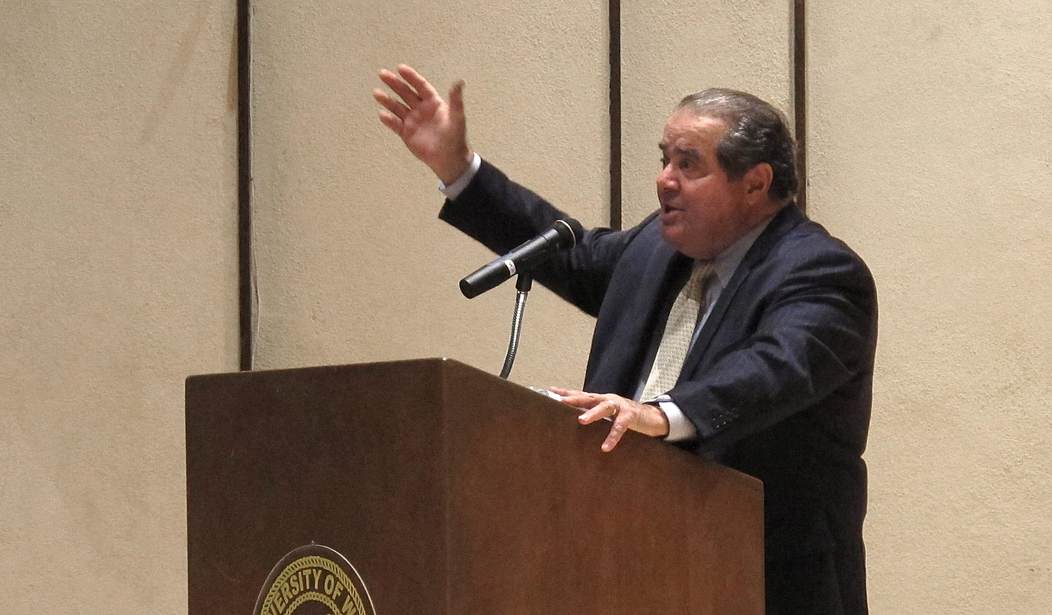In a stunning show of just how pivotal was the death of the late Justice Antonin Scalia, the Supreme Court deadlocked on Tuesday, handing labor unions a perhaps temporary but telling victory. This will likely solidify the opposition of Senate Republicans to holding hearings for any successor to the late justice.
The court broke 4-4 in Friedrichs v. California Teachers Association, a case involving whether or not teachers would have to pay dues to a union they did not choose to join. Lower courts had ruled in favor of the union, while the Supreme Court’s conservatives seemed likely to support the teachers’ protest when the case was argued in January. Justice Scalia often asked questions hostile to the unions, and would likely have determined the case against them.
While the Supreme Court’s decision leaves the lower court’s ruling in effect, it will not provide precedent for future cases. This leaves open the door for further challenges once Scalia has been replaced. Nevertheless, it demonstrates a clear shift to the left among the court.
The four liberal justices — Ruth Bader Ginsburg, Stephen G. Breyer, Sonia Sotomayor, and Elena Kagan — now have the ability to create deadlocks, and they can even court the vote of Justice Anthony Kennedy to achieve a liberal result, as happened in the gay marriage case Obergefell v. Hodges. The approval of Obama’s appointee, Merrick Garland, would only increase the clout of liberals on the court.
In this specific case, the libertarian Center for Individual Rights (CIR) pursued an unusual strategy. Following signals from the Supreme Court’s more conservative justices, the organization asked lower courts to rule against its clients, which included 10 teacher and a Christian education group, in order to push the decision to the nation’s highest court. This strategy seems to have backfired, after the death of Scalia.
“We believe this case is too significant to let a split decision stand and we will file a petition for re-hearing with the Supreme Court,” CIR President Terry Pell argued. “Either compulsory dues are an acceptable exception to the First Amendment or they are not,” Pell added. “A full court needs to decide this question, and we expect this case to be reheard when a new justice is confirmed.”
The organization said the case leaves the laws in place in 25 states and the District of Columbia which allow “unions to compel non-members to pay ‘agency fees’ to support the union’s collective bargaining work.”
Mary Kay Henry, president of the Service Employees International Union, took a different tack on the case, arguing that a union victory would somehow help women and minorities. Rather than discussing the situation at hand, she made a political argument against conservative donors. “We know the wealthy extremists who pushed this case want to limit to limit the ability for workers to have a choice, curb voting rights and restrict opportunities for women and immigrants,” Henry said.
The court vacancy is likely to become even more political in the coming months. Upcoming cases deal with abortion and Obamacare. Strap yourselves in — there will be tense months ahead.









Join the conversation as a VIP Member